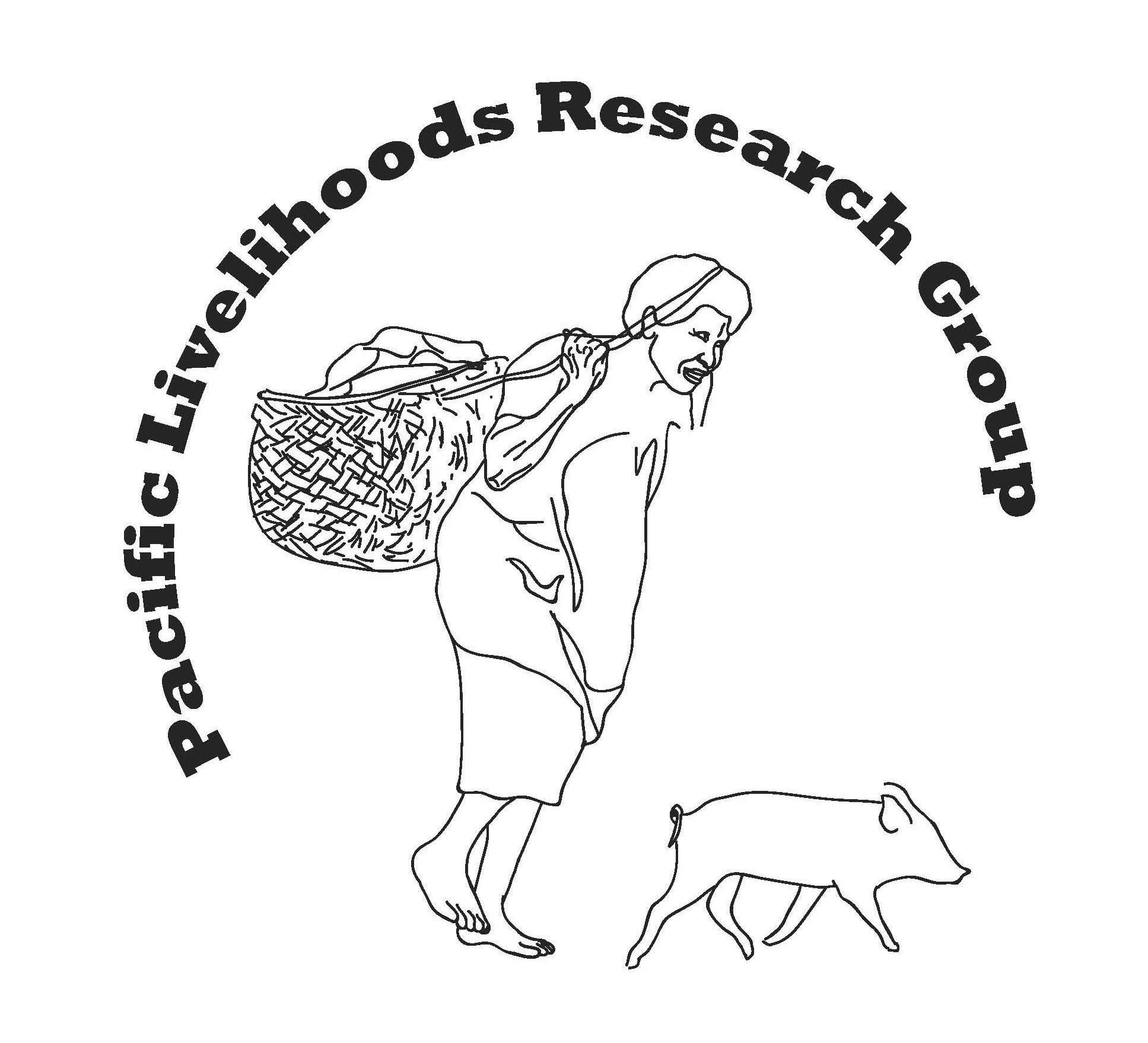
Gender is an important focus in our research. Gender affects all aspects of a household’s livelihood activities, access to resources, income, services and finances. Gender is also critical to understanding intra-household inequalities in health, education, wealth and general well-being, and the decisions and choices made at the household level. The Pacific Livelihoods Research Group conceptualises gender as a process whereby gendered subjectivities are produced, reaffirmed, contested and reconfigured through time.
The priority of our research is to seek to understand the gendered lives, relations and inequalities in contemporary Papua New Guinea – both at the household and community levels. Papua New Guinea is ranked 134 out of 148 countries on the Gender Inequality Index (GII) and is one of the countries that did not meet the 2015 Millennium Development Goal targets set for the promotion of gender equality and women’s empowerment. Yet, women are central to family livelihoods and wellbeing in rural Papua New Guinea. Women play a vital role in agricultural production both for home consumption and for cash income. For the majority of rural women, local marketing of garden foods and the sale of export crops are their two main sources of income. Women tend to spend more of their income than men on meeting the needs of their families, so income gains for women lead to direct improvements in the quality of life of their families. Given women’s critical role in agriculture and household well-being, our research pays close attention to:
- The performance and relationality of gender
- The interaction between household gender dynamics and socio-economic change
- Women’s access to land, labour, markets and incomes
- The interplay of household gender relations and decision making in relation to subsistence and commodity crop production.
- Factors affecting women’s economic empowerment, agency and leadership in Papua New Guinea
- Local constraints and opportunities for women to become more engaged in small-scale agricultural enterprises
Further Reading
Spark, C., Sharp, T.L.M., & Koczberski, G. (2020). Relationality and economic empowerment: The role of men in supporting and undermining women’s pathways. The Journal of Development Studies doi: 10.1080/00220388.2020.1850697. (People without library access to the journal can access a free e-print here).
Ryan, S., Koczberski G., Curry, G.N., & Germis, E. (2017). Intra-household constraints on educational attainment in rural households in Papua New Guinea. Asia Pacific Viewpoint 58(1), pp 27-40.
Koczberski, G., & Curry, G.N. (2016). Changing generational values and new masculinities amongst smallholder export cash crop producers in Papua New Guinea. Asia Pacific Journal of Anthropology 17(3-4), pp 268–286.
Koczberski, G. (2007). Loose fruit mamas: Creating incentives for smallholder women in oil palm production in Papua New Guinea. World Development 35(7), pp 1172-1185.
